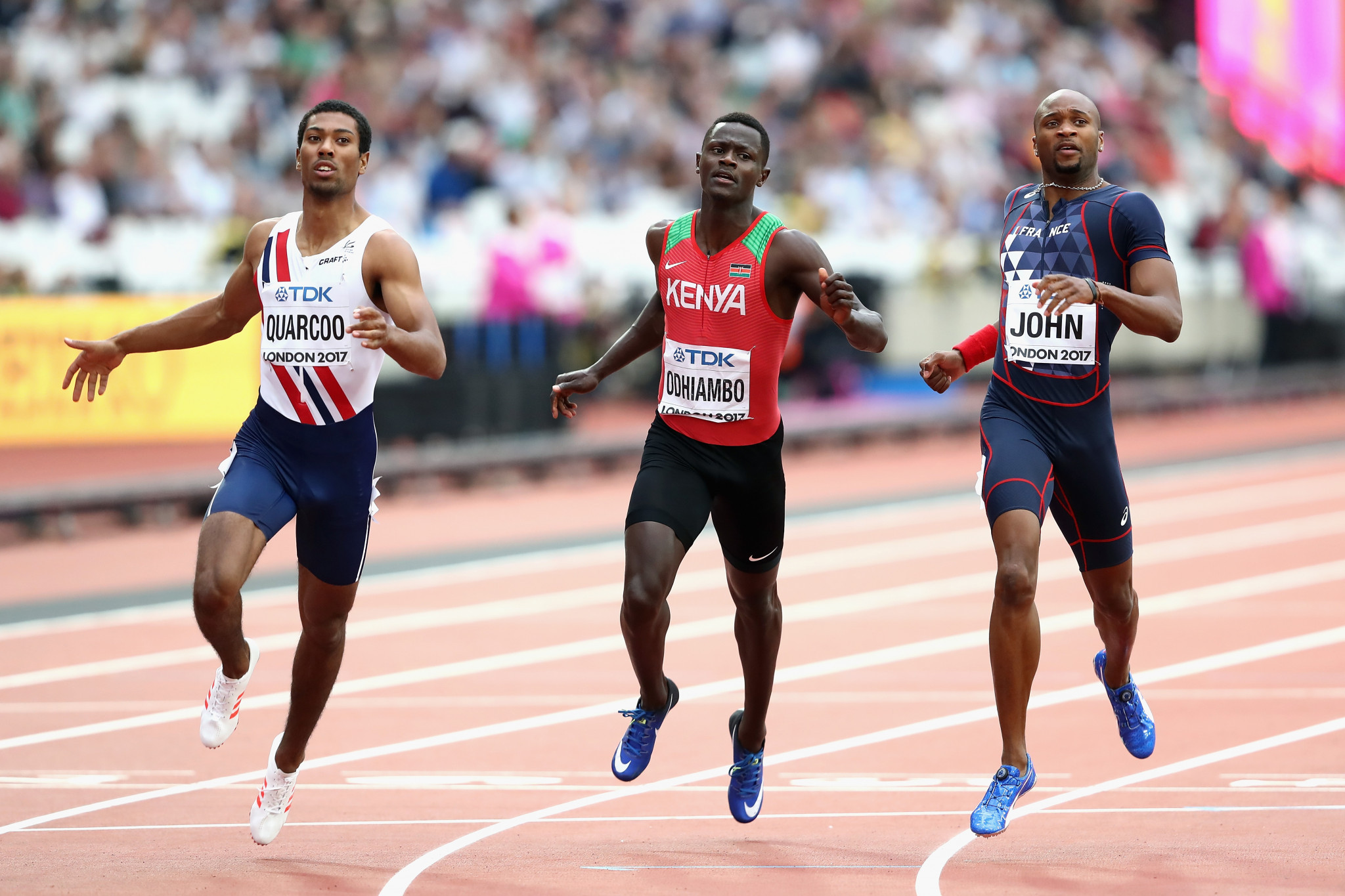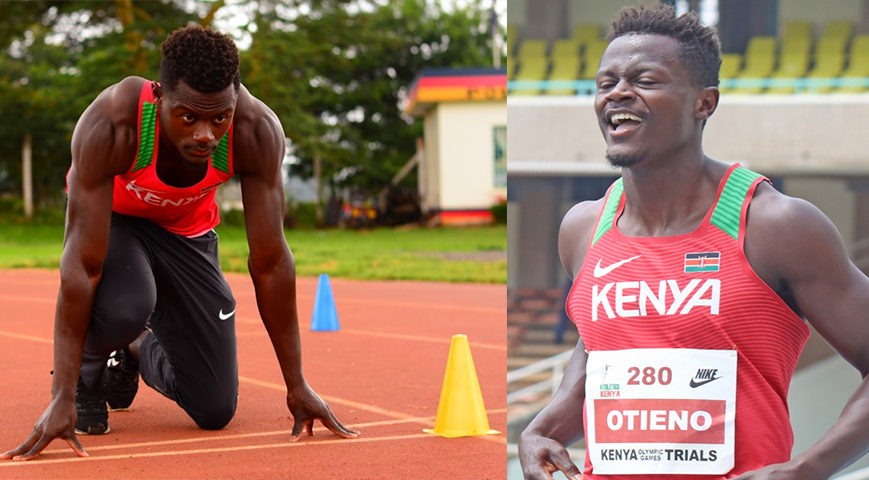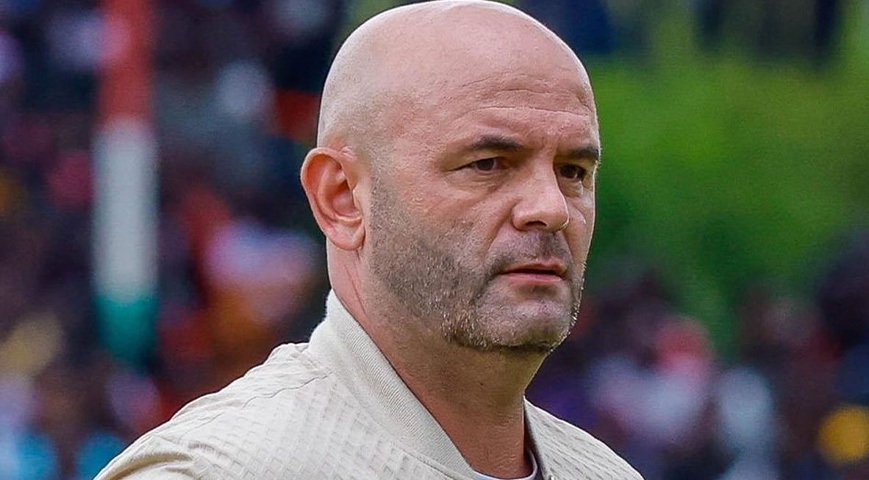Sprinter Mark Otieno from Kenya declared on Thursday that he was prepared to make up lost time at the 2016 Summer Olympics in Paris after having his career interrupted by a doping penalty.
Otieno was disqualified from the Tokyo Games in 2021 just before he was scheduled to race in the 100-meter qualifying rounds after testing positive for the illegal anabolic steroid methasterone.
The 30-year-old told AFP, "The extended absence has undoubtedly had an impact on my performances, but I am happy to be back."
My top priority is to make the Olympics the following year.

Did you read this?
Early this month, the three-time national 100-meter champion returned to regular training, and on Wednesday, she met with Kenyan Olympic authorities.
To qualify for the Olympics in Paris, Otieno, whose personal best time for the 100m is 10.05 seconds, must run faster than 10 seconds by June of the following year.
"I am ready to push, regain my position, and represent Kenya again," declared Otieno after successfully challenging the original four-year suspension.
The only Kenyan among the 15 sprinters who have run qualifying times is Ferdinand Omanyala, Otieno's training partner and the holder of the African record.
In the previous five years, around 70 Kenyan athletes, mostly distance runners, have been disqualified for drug offences, casting a shadow on the nation's reputation as a track and field powerhouse in East Africa.

Titus Ekiru, the sixth-fastest man in marathon history, was given a temporary ban for doping last month.
Triamcinolone acetonide, a glucocorticoid, was detected in the 31-year-old's system after winning in Milan in May 2021 with a rapid time of 2 hours, 2 minutes, and 57 seconds.
Due to the Athletics Integrity Unit's rejection of the top marathoner's justification that the outcome was the product of proper medical care, he could receive a 10-year suspension.



-1740810575.png)

[1]-1740218631.jpg)






